Qassem Suleimani is the commander of Quds Force, the elite faction of Iran’s Revolutionary Guards, is a veteran of decades of war. Since taking command in 1998 he has led more clandestine and covert operations in pursuit of Iran’s interest than anyone else.
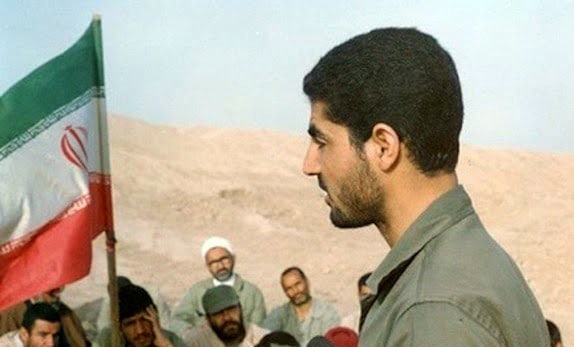
Suleimani is a veteran of the brutal Iran-Iraq War, which lasted ten years and descended into trench warfare and the use of chemical weapons. Suleimani’s unit was one of those attacked with chemical warheads.
In spite of his lack of education he proved to be an effective military commander, rising to the rank of division commander while in his twenties. He led efforts to pacify Kurdish resistance during the war.
A decorated hero after the war, he was assigned to the work of stopping smuggling networks on the Afghan border, an assignment that must have taught him a great deal about how such networks are run as well as how they are stopped.
In 1998, he was appointed head of Quds Force due to his personal connection with and loyalty to Supreme Leader Khamenei.
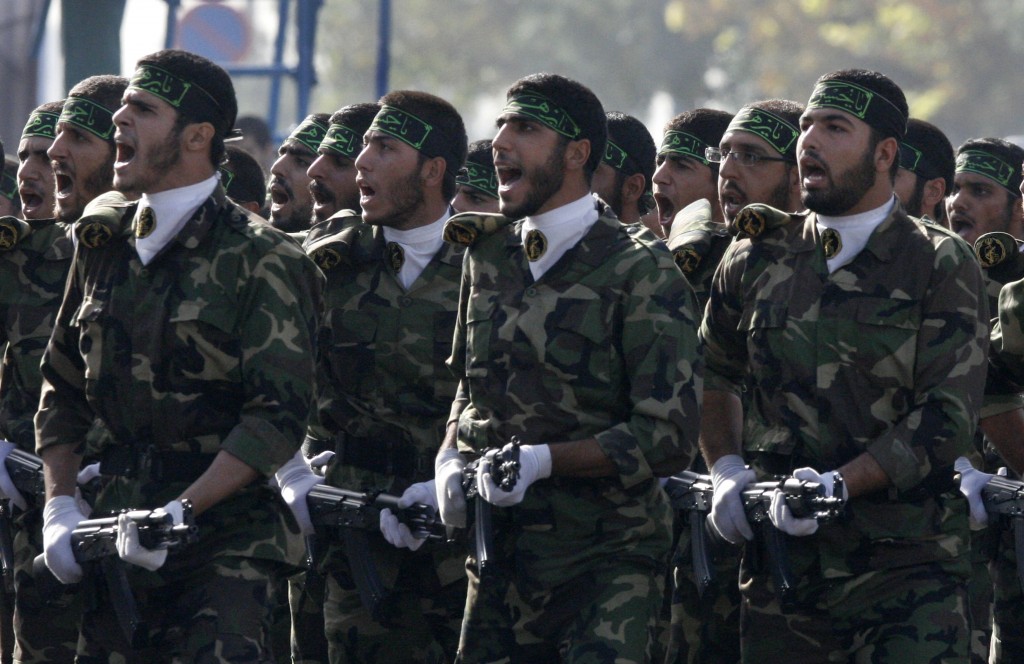
The Quds Force is an elite unconventional warfare unit that develops and supports Iranian proxy forces and allies. It nurtures guerrilla and terrorist groups including Lebanese Hezbollah, Shia militias in Iraq, and ethnic guerrilla forces fighting in Afghanistan.
Before the US-led Iraq War, it supported opposition forces against Saddam Hussein in Ba’athist Iraq. During the war, it supported many of those forces in killing American soldiers.
As a part of the Iranian Revolutionary Guards, it is tasked with overseeing the guardianship of the Islamic revolution. Political loyalty is paramount in its members, who must ride herd on the official military as well as the population. It was in this role that, in 1999, he joined with other military commanders in pressuring Iran’s civilian government to suppress the student revolts.
The Quds Force had been backing anti-Saddam forces within Iraq since the Iran-Iraq war of the 1980s.
Iraq’s Dawa Party had been an original backer of Iran’s own revolution, and the Islamic Republic returned the favor by supporting their efforts in Iraq. In 1982, the Dawa party attempted to assassinate Saddam, leading to a massacre in reprisal at Dujail. The Badr Division, powerful in today’s Iraq as the Badr Organization, trained with the Quds Force throughout the 1990s.
Suleimani gained command of the Quds Force with a well-established connection to Iraqi Shiite militants that would prove effective in resisting Americans in Iraq.
Iran killed many Americans through Shia proxy forces during the Iraq war.
Iran had as many as 30,000 operatives in Iraq during the war. During the negotiations in Iraq, Suleimani was pulling the strings according to former Ambassador Ryan Crocker. He relates that Iran’s ambassador to Iraq had to call frequent breaks when talks touched on areas where he did not have instructions.
The same thing proved to be true in Afghanistan. General Petraeus rebuffed Suleimani when he reached out to him in Iraq. The effect was that he had to deal with proxies instead, not that Suleimani went away.
During the ISIS conquest of western Iraq, when the Americans were no longer around, Maliki received Suleimani openly.
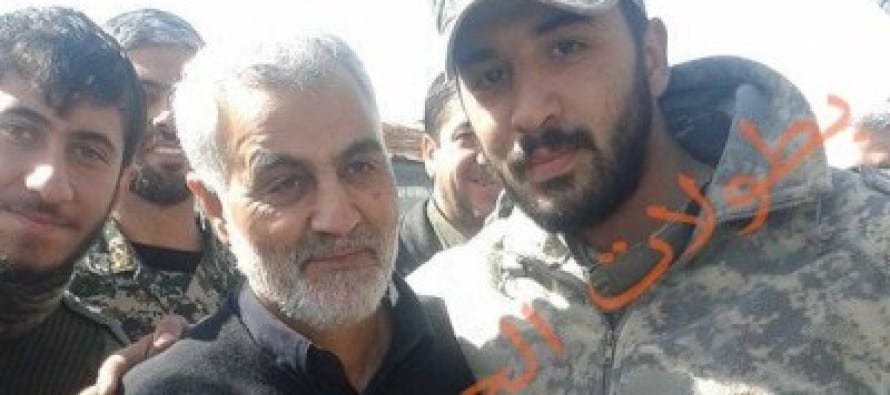
Suleimani took charge of the effort to keep the Assad regime in Syria from collapsing during its civil war. Drawing on Iraqi recruits, Lebanese, men from Gaza, as well as native Syrians, these militia used propaganda of pan-Islamism to mask a particularly Iranian agenda.
In fact, while Iran and Hezbollah have worked together to develop effective forces for resisting anti-Assad fighters, Hezbollah has used Iranian weapons to try to provoke an Israeli entry into the conflict.
Quds Force officers have been killed in Israeli airstrikes resulting from these attacks, resulting in what has been described as a “condolence visit” by Suleimani to Hezbollah’s leadership. Whether that was to rein them in against Israel, or to plot revenge attacks, is yet to be seen.
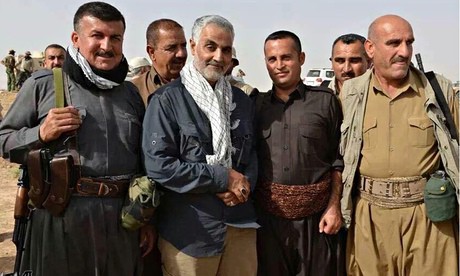
After three years of war in Syria, one of the groups fighting there – a group with substantial ties to Saddam’s former Ba’athist party – broke out into western Iraq. This group, calling itself the Islamic State in Iraq and Syria (ISIS), made rapid advances against a crumbling Iraqi army.
Suleimani personally traveled to Baghdad to meet with Maliki and take a hand in stiffening Iraq’s defenses. Quds Force had long been developing Shia militias to fight in the Syrian conflict, and had the deep ties to the Shia movement in Iraq borne of years of resistance to Saddam and later to Americans during the Iraq war.
ISIS provided another recruiting cause, one that allowed Suleimani to develop all new militias within Iraq that were specifically tied to Iran’s own revolutionary ideology. Under his leadership, Shiite militas have also been reaching out to Yazidis and Christians who want to fight ISIS, developing them for battlefield roles.
He has even personally met with the Kurdish Peshmerga, a meeting filmed so that it could be shown to the people of Iraq as propaganda establishing Iran’s friendship to these minority groups. Suleimani has been personally credited with keeping Baghdad from falling, as well as Erbil.
In 2013, Iran’s embassy in Syria was attacked by a suicide bombing team that proved to be particularly well-trained and effective. While this was poetic justice given Iran’s own history of backing just such attacks on embassies in Kuwait and Lebanon, the Quds Force did not elect to take it lying down.
As Saudi Arabia was their chief suspect, it is unsurprising that a plot against the Saudi ambassador to the United States was soon hatched. A much wider plot by Quds Force to assassinate diplomats, especially linked to Saudi Arabia, Israel and the United States, was uncovered in Azerbaijan. This may have been intended as a reprisal for the cyber attacks against Iran’s nuclear program.
Only the need for diplomatic quiet to pursue the nuclear deal seems to have calmed Quds Force efforts to murder ambassadors thought hostile to Iran’s project.
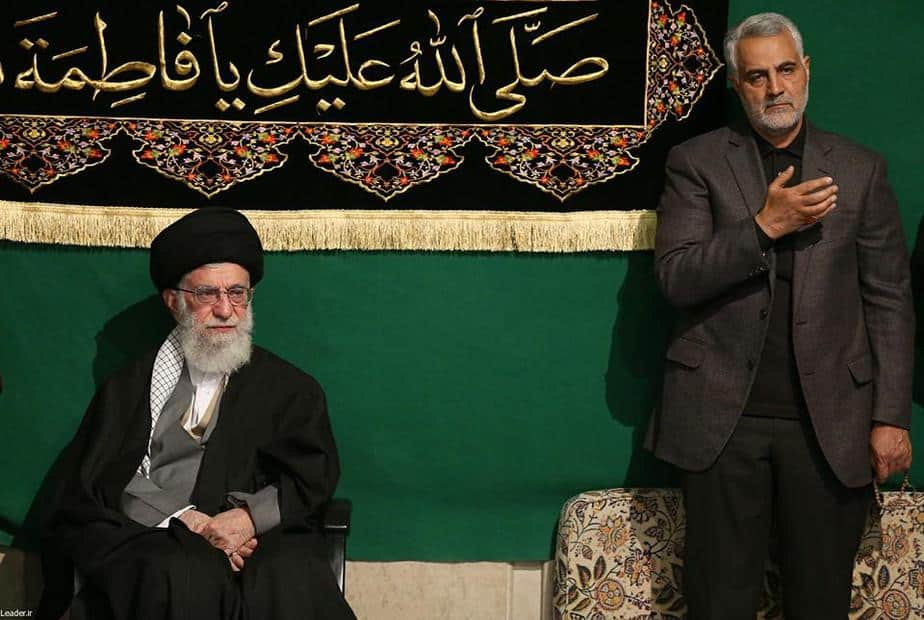
Suleimani is a highly effective commander of clandestine and covert operations, with an impressive battlefield record in conventional war as well.
He is a man with immense personal connections to regional leaders and fighters. He is celebrated as a “living martyr” by the Ayatollah Khamenei. His tactics show him to be ruthless.
His history suggests he is completely committed both to Khamenei and, perhaps even more, to the Islamic revolution that he has served his entire adult life.
He would be a very difficult man to replace.
Qassem Suleimani is the commander of Quds Force, the elite faction of Iran’s Revolutionary Guards, is a veteran of decades…
Iran has long influenced the Middle East through the deployment of short ranged rockets and rocket artillery. They represent an…